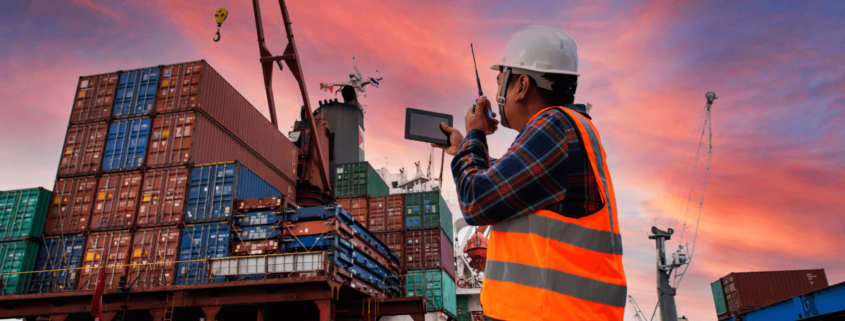The Role of Negligence in Maritime Injury Claims
Maritime injury claims come into play after an injury on navigable waters. These claims are critical for making sure injured individuals—often maritime workers—get the compensation and justice they need. The maritime industry includes a range of activities, from commercial shipping to recreational boating. The laws that govern these areas are highly specialized, which is why it’s important to work with a maritime injury lawyer.
If you’ve suffered a maritime injury, let’s discuss your claim and your next step. Call Reeves & Mestayer at 228-374-5151 now.
What is Negligence?
Negligence occurs when an individual or party fails to exercise proper care in doing something, which then leads to someone getting hurt. Think of it like this: if someone should have acted carefully but didn’t, and that caused an accident, that’s negligence. For instance, if a person is supposed to mop up a spill in a store but doesn’t, and someone slips and gets injured, that’s an example of negligence. This is a common example of negligence in personal injury claims, but it works a bit differently in maritime settings.
Negligence is often determined by what a reasonable person would do in a similar situation. In the context of the maritime industry, imagine a shipowner who knows they have a failing component in their vessel but choosing not to fix it because of the extra cost. This is clearly outside what a reasonable person would do.
Negligence in Maritime Context
Negligence in the maritime context can lead to serious injuries. It happens when someone involved in maritime operations acts carelessly or doesn’t follow safety rules, causing someone else to get hurt. For example, if a shipowner doesn’t fix broken equipment, it can lead to accidents. Similarly, if a crew member ignores safety protocols, it can result in injuries to others on board. These situations are common in maritime injury claims. To seek compensation, the injured person must show that another’s carelessness directly caused their injuries.
Legal Process of Maritime Injury Claims
When people think about maritime injury claims, particularly when negligence is being discussed, they tend to think of it in the same way they think of personal injury claims. But while there are some similarities between these types of claims, they are entirely separate areas of law. Personal injury claims are regulated on a state-by-state basis, while maritime law is federal law. This means that maritime claims fall under different laws, such as the Jones Act or the Longshore and Harbor Workers’ Compensation Act. It also means that your claim may follow a different timeline and have different requirements than a personal injury claim would.
Common Concerns About Legal Issues
Dealing with legal issues in maritime injury claims can be confusing and stressful. Many people are unsure about where to start or what steps to take. One common concern is understanding the laws and rules that apply to these cases. Maritime law is different from other types of law, and it can be hard to figure out what’s relevant to your situation. Another worry is gathering the right evidence. People often wonder what kind of proof they need to support their claims, such as medical records or witness statements.
Issues of fault and liability can also get complicated as your claim progresses. For example, if a crew member’s negligence leads to a guest’s injuries, does the guest sue the crew member, the vessel owner, or the company through which they booked their excursion, or everyone involved? If a crew member is injured because of their employer’s negligence, do they have enough evidence to prove their employer’s liability and seek more compensation under the Jones Act, or are they limited to maintenance and cure?
There are no quick and easy answers to questions regarding maritime law, which is why you must disclose your claim with an experienced maritime lawyer from the very beginning.
Discuss Your Maritime Injury with the Team at Reeves & Mestayer
When you’re ready to move forward with your maritime injury claim, our team is here to help you explore your options and fight for compensation. Set up your consultation now by giving us a call at 228-374-5151 or contacting us online.







